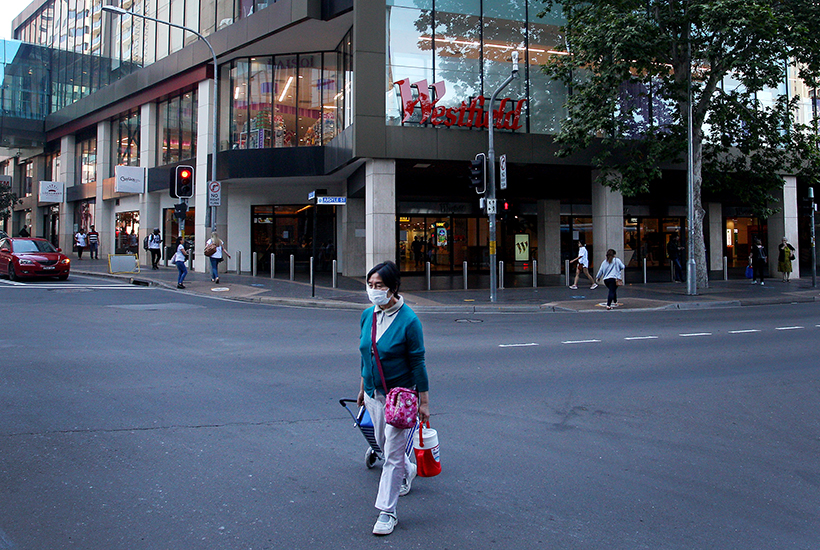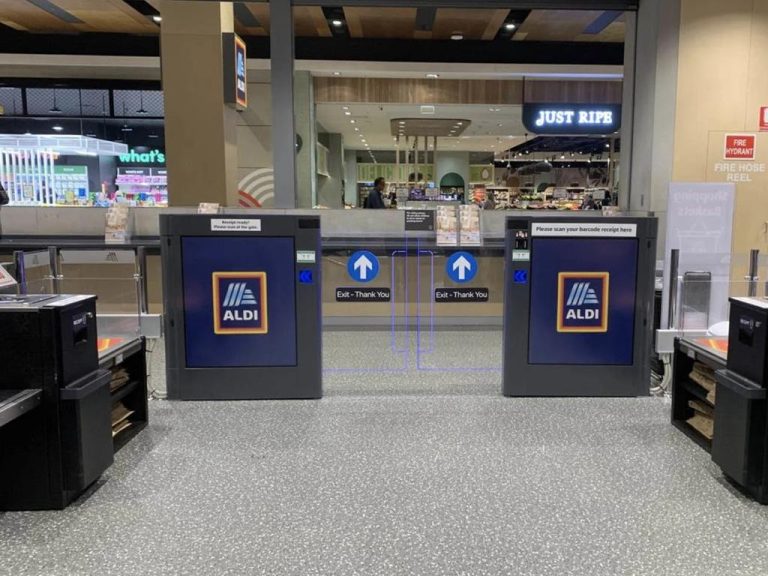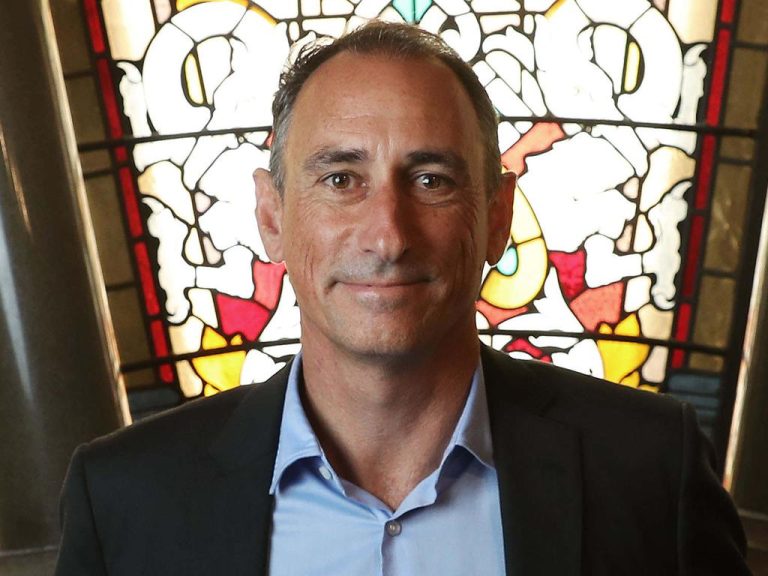Scentre crashes to $3.7bn loss in 2020 on pandemic hit

Local Westfield owner the Scentre Group has plunged to a $3.73bn loss after the coronavirus pandemic ripped through its portfolio, which was written down by $4.25bn amid a shift away from malls.
The company says retailers are extending leases, in a positive sign for cash flow for the business, and has signalled that it is recovering by giving distribution guidance in the wake of the crisis.
Scentre was quizzed by analysts about its debt levels and plans for distributions. Scentre chief executive Peter Allen said he had “an expectation of growth” but would also allow the company to undertake strategic initiatives.
Scentre shares were off by 3c to $2.84 in after surging in the week ahead of the result.
Mr Allen said the company was moving beyond simply being a landlord collecting rent and flagged more moves like membership programs, and aggregated click and collect services for retailers.
While the company is focusing on serving customers rather than big ticket developments it is also working on projects where it has taken space back from department stores and brought in new retailers and brands.
The company’s development pipeline sits at over $3bn and it has sites in western Sydney hubs of Parramatta and Liverpool that could sustain large schemes.
But for now the focus is on capitalising the surge of foot traffic back into malls.
“We see ourselves as facilitating the connection between the consumer, retailers, brands and users,” Mr Allen said. “We accelerated strategic customer initiatives such as our Westfield Plus membership program, which continues to grow and now has more than 1.2 million members.”
“We trialled a number of initiatives, such as aggregated ‘click + collect’ that facilitated our retail partners connecting with customers during periods of government restrictions. The learnings form the basis for strategic initiatives we are pursuing,” he said.
Scentre did not provide earnings guidance but outlaid the level of its distribution for this year, saying that while uncertainty remains, subject to no material change in conditions, it expects to distribute at least 14c per security for 2021.
“The distribution is expected to continue to grow in future years. The group plans to retain earnings to cover operating and leasing capital expenditure, fund strategic initiatives and reduce net debt,” the company said.
Firing a shot at the challenge from dissident retailers that have sought to switch to turnover based rents in the wake of the pandemic, Scentre said the structure of leases had not changed and remained based on paying a fixed base rent.
Scentre also flagged healthy progress in its COVID-related rent negotiations. It has struck deals with 3398 of its 3600 retail partners, including 2456 smaller retailers under the Morrison leasing code.
While some new developments are being reviewed, Scentre said it had been appointed by Cbus Property to design and construct the residential and commercial tower on the site of the former David Jones menswear store on the corner of Market and Castlereagh streets in Sydney’s CBD.
Scentre said its operating profit was $763.4m, which equated to 14.71c per security, and funds from operations for the year were $766.1m, equating to 14.76c per security.
Scentre said it had gross operating cash inflow of $2.36bn and net operating cashflow surplus grew by 96 per cent in the second half of the year to $771m.
The group collected $2.06bn in gross rent collections, including $641m during the last quarter, equivalent to 100 per cent of gross billings.
Scentre provided $304m in rent waivers and rent provisions, but they fell in the second half as the economy recovered. Comparative specialty sales growth was down 4.8 per cent and total sales growth was down 3.5 per cent. Re-leasing spreads, showing the rates at which stores were leased up, fell by 13.1 per cent.
Jardens analysts Lou Pirenc and Andy MacFarlane said that the company‘s earnings recovery seemed slower than its peers and while the company has provided distribution per unit guidance, it implied downgrades to consensus numbers.
“Moving annual turnover statistics have recovered well but this has not been reflected in earnings and re-leasing spreads have deteriorated,” the Jarden analysts said.
JPMorgan analysts Richard Jones and Krzysztof Kaczmarek said the result was an improvement relative to six months ago, and operating metrics were beginning to normalise, rent waivers were reducing and should continue to do so, albeit negative leasing spreads increased materially again, a reflection that specialty rents are rebasing.
“We expect earnings and distributions should largely stabilise in 2021,” they said.
This article was first published on www.theaustralian.com.au.







